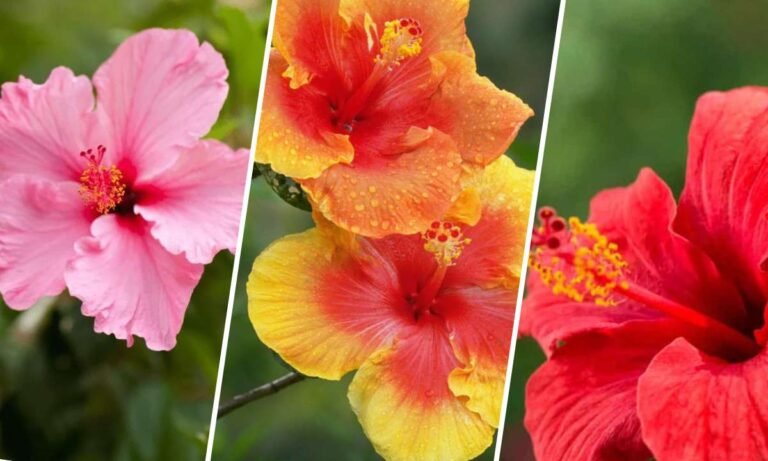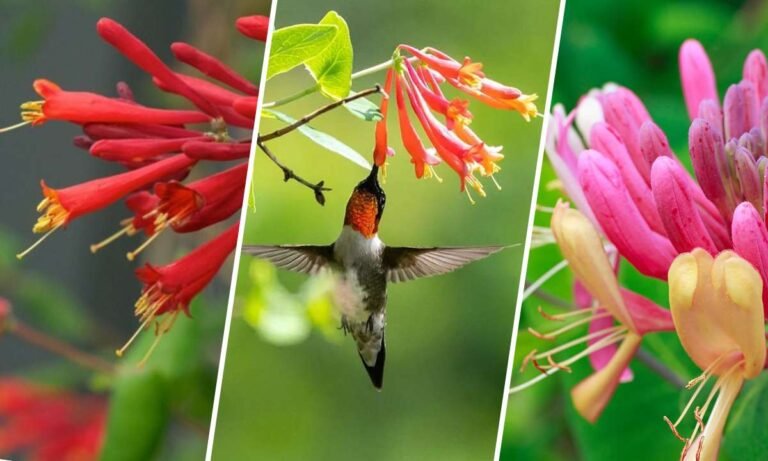The Alyssum flower, known for its delicate petals and sweet scent, holds a special significance in both gardening and symbolic traditions. This charming flower, with its clusters of tiny blooms and low-growing nature, carries deep meanings across different cultures and contexts. In this detailed exploration, we delve into the rich symbolism, historical background, and intriguing significance of the Alyssum flower.
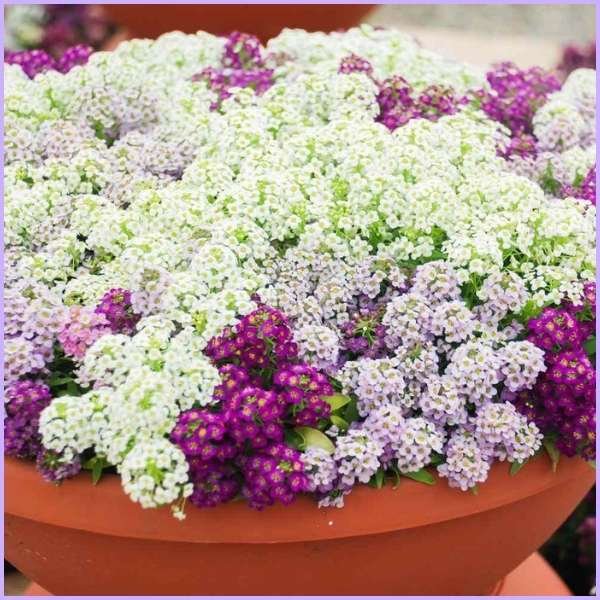
Origins and Meaning of the Alyssum Flower
The name “Alyssum” comes from the Greek word “alysson,” meaning “not drunken,” likely referring to its historical use as a remedy for intoxication. Botanically named Lobularia maritima, Alyssum originates from the Mediterranean region and has spread globally, admired for its beauty and symbolic value.
Symbolic Meanings of the Alyssum Flower
Beauty and Grace: Alyssum flowers are cherished for their delicate appearance and symbolize gracefulness and elegance, making them popular in gardens and floral arrangements.
Sweetness and Charm: They are also associated with sweetness and charm, with a mild, pleasant fragrance that evokes feelings of tenderness and affection, often used to express appreciation and friendship.
Endurance and Resilience: Despite their small size, Alyssum plants are remarkably resilient, thriving in diverse conditions. They symbolize endurance and the ability to persevere through challenges, serving as a metaphor for overcoming adversity.
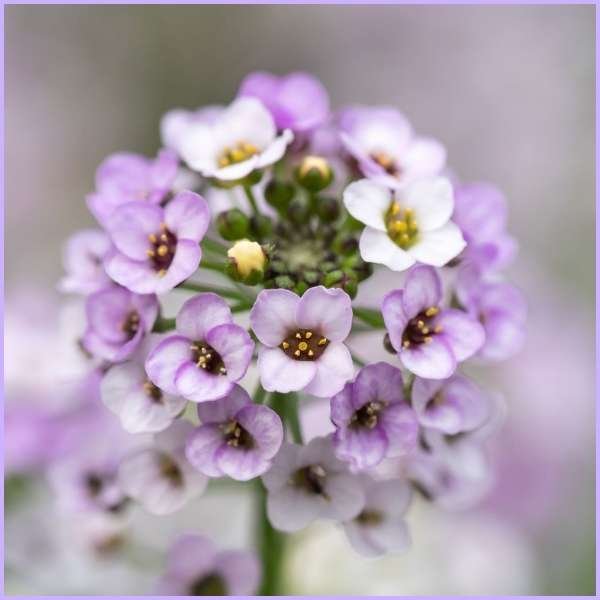
Historical Significance of the Alyssum Flower
Ancient Cultures: In ancient Greece, Alyssum was dedicated to Aphrodite, symbolizing beauty, love, and fertility, making it a favored choice for ceremonial garlands and offerings.
Medieval Europe: During the Middle Ages, Alyssum was believed to have healing properties and was planted near homes for protection against negative energies.
Modern Usage: Today, Alyssum remains popular in gardens for its ornamental beauty and symbolism, often used in borders, rock gardens, and as ground cover to add elegance and fragrance to outdoor spaces.
Varieties of Alyssum and Their Meanings
Sweet Alyssum (Lobularia maritima): Known for its small, white or purple flowers and sweet fragrance, symbolizing purity, humility, and enduring love. It’s frequently used in weddings and romantic gardens.
Basket-of-Gold Alyssum (Aurinia saxatilis): Features bright yellow flowers, symbolizing prosperity, success, and abundance. It’s often planted to attract good fortune.
Alyssum Flower in Art and Literature
Throughout history, Alyssum flowers have inspired artists and poets, symbolizing beauty and fragility in fleeting moments and emotions.
Cultural Significance
Western Cultures: Alyssum signifies innocence and purity, often included in floral tributes and sympathy arrangements to convey condolences.
Mediterranean Cultures: In Mediterranean traditions, Alyssum holds symbolic meanings related to love, beauty, and family bonds, used in celebrations and religious ceremonies to honor loved ones and mark important life events.
Growing and Caring for Alyssum
Planting: Alyssum thrives in well-drained soil with full sun to partial shade. Plant seeds or seedlings in early spring or late summer, spacing them apart for healthy growth and abundant flowering.
Care: Water regularly, especially in dry periods, without overwatering to avoid root rot. Deadhead blooms to encourage continuous flowering and maintain a tidy appearance. Alyssum is generally resistant to pests but should be monitored for aphids and other common garden insects.
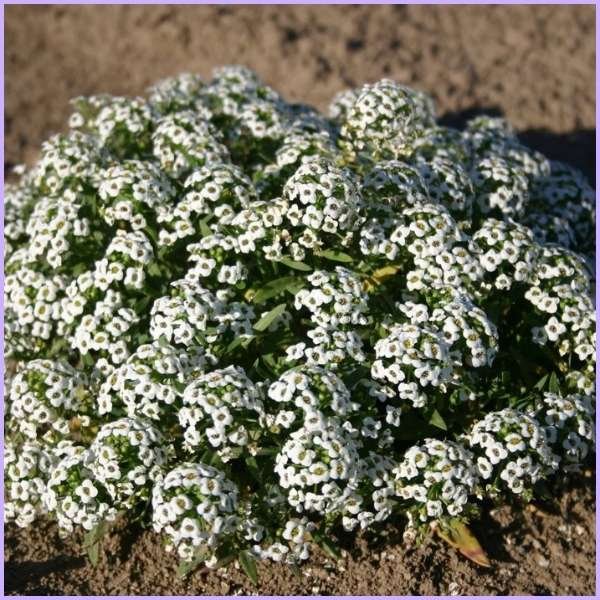
Conclusion
The Alyssum flower, with its enduring beauty and profound symbolism, continues to enchant gardeners and symbolize grace, charm, and resilience across cultures. Whether adorning a wedding bouquet, enhancing a rock garden, or conveying enduring love, Alyssum remains a beloved emblem in the language of flowers.

